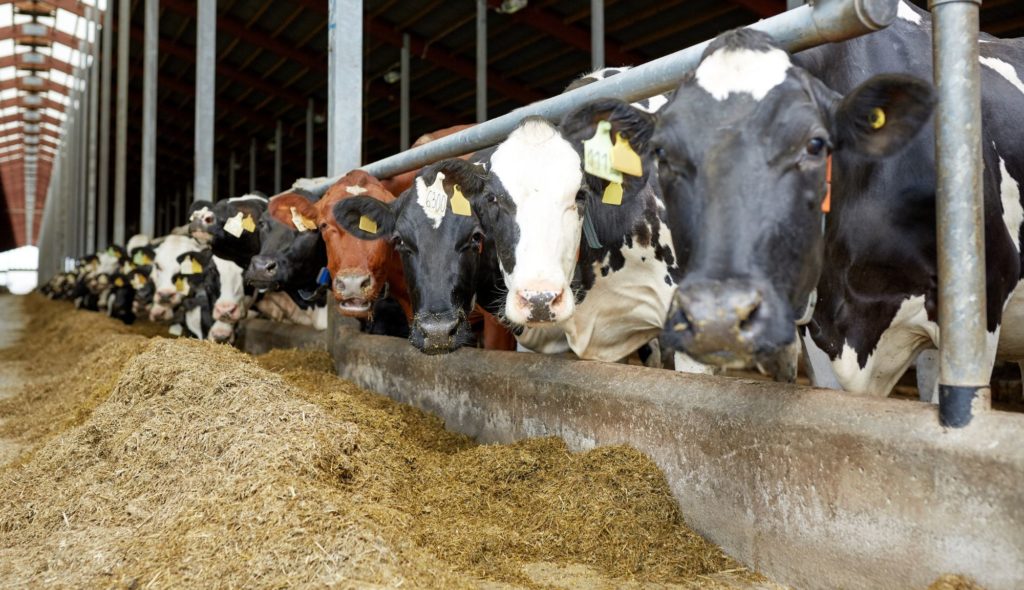
The Fair Dealing Obligations (Milk) Regulations 2024
Wednesday 8th January 2025
How did we get here?
February 2010 saw the introduction of the Groceries Supply Code of Practice (‘GSCOP’), which seeks to regulate the relationships between the largest 14 supermarkets and their suppliers. In 2020, the Agriculture Act (the ‘AA’) became law, and in April 2024, using powers from the AA, we saw the arrival of The Fair Dealing Obligations (Milk) Regulations 2024 (’FDOM Regs’).
It was not obvious back then, but GSCOP was the start of something. There has been a growing appetite from the Government and food producers to tackle a perceived unfairness in the supply chain. The AA sought to establish a post-Brexit framework to support farming in the future and gave the Secretary of State for the Environment, Food and Rural Affairs, currently Steve Reed, the power to introduce regulations to ensure producers of agricultural products get a fair deal. The first of these is the FDOM Regs.
Evidence gathered during the Groceries Code Adjudicator’s Call for Evidence in 2016 highlighted unfair practices in the dairy industry. So, the FDOM Regs have introduced new rules to regulate the purchase of milk. The Agricultural Supply Chain Adjudicator (‘ASCA’), Richard Thompson, will monitor compliance and enforce the FDOM Regs.
Whilst the FDOM Regs may be the first of their type under the AA, there are likely to be more. Labour has established a committee – or rather re-established one, given that a cross-party committee did the same thing under the Conservative government – to review ‘fairness in the food supply chain’. The deadline for evidence on the subject closes on 24 January.
What do the FDOM Regs do?
The FDOM Regs set out several requirements when a ‘business purchaser’ purchases milk from a producer or producer organisation. All new contracts, and all contracts from 9 July 2025, must comply with the FDOM Regs. The requirements are:
- To enter into a written agreement which includes all terms.
- The agreement must contain a term requiring the purchaser to act ‘in good faith’.
- All parties must sign the agreement.
- The agreement must be either a fixed-duration contract or an ‘evergreen contract’ (i.e. a rolling contract terminable on notice), and the agreement must state this.
- Pricing must be fixed, variable or a blend of the two.
- On variable pricing, factors that determine price must be set out in the agreement and any review must occur periodically at 1-3 month intervals. If the producer is not satisfied that any adjusted price has been fairly calculated, an independent third party can be asked to verify it.
- If a contract is exclusive, purchasers cannot include volume-based discounts.
- Aside from the above point, pricing rules do not apply where the contract is between a purchaser and a producer organisation.
- If the agreement is for a fixed volume, the period for such volume cannot be more than 12 months, and there must be upper and lower limits of acceptable supply volumes.
- Business purchasers must collect the milk, and the frequency of such collections must be documented in the agreement.
- There must be a dispute resolution procedure in the agreement.
- A producer must be able to cancel within a 21-day ‘cooling-off’ period.
- Unless the agreement is for a fixed period of 12 months or less, the purchaser must give notice to terminate of at least 12 months.
- If a business purchaser does not comply with the FDOM Regs, a producer can complain to the ASCA, who can fine the purchaser up to 1% of their turnover.
Do the FDOM Regs work, and what’s next?
It is too early to say if the FDOM Regs will benefit producers. That said, GSCOP has improved matters for suppliers to large supermarkets, so the FDOM Regs will likely do the same.
Perhaps of more interest is what regulations will follow the FDOM Regs. The Labour government, following the introduction of the “family farm tax”, has a lot to do to win farmers and rural communities over. With food security concerns high and rural community tensions manifested with tractor protests outside parliament, expect to see broader regulations covering more food products later this year or early next.


